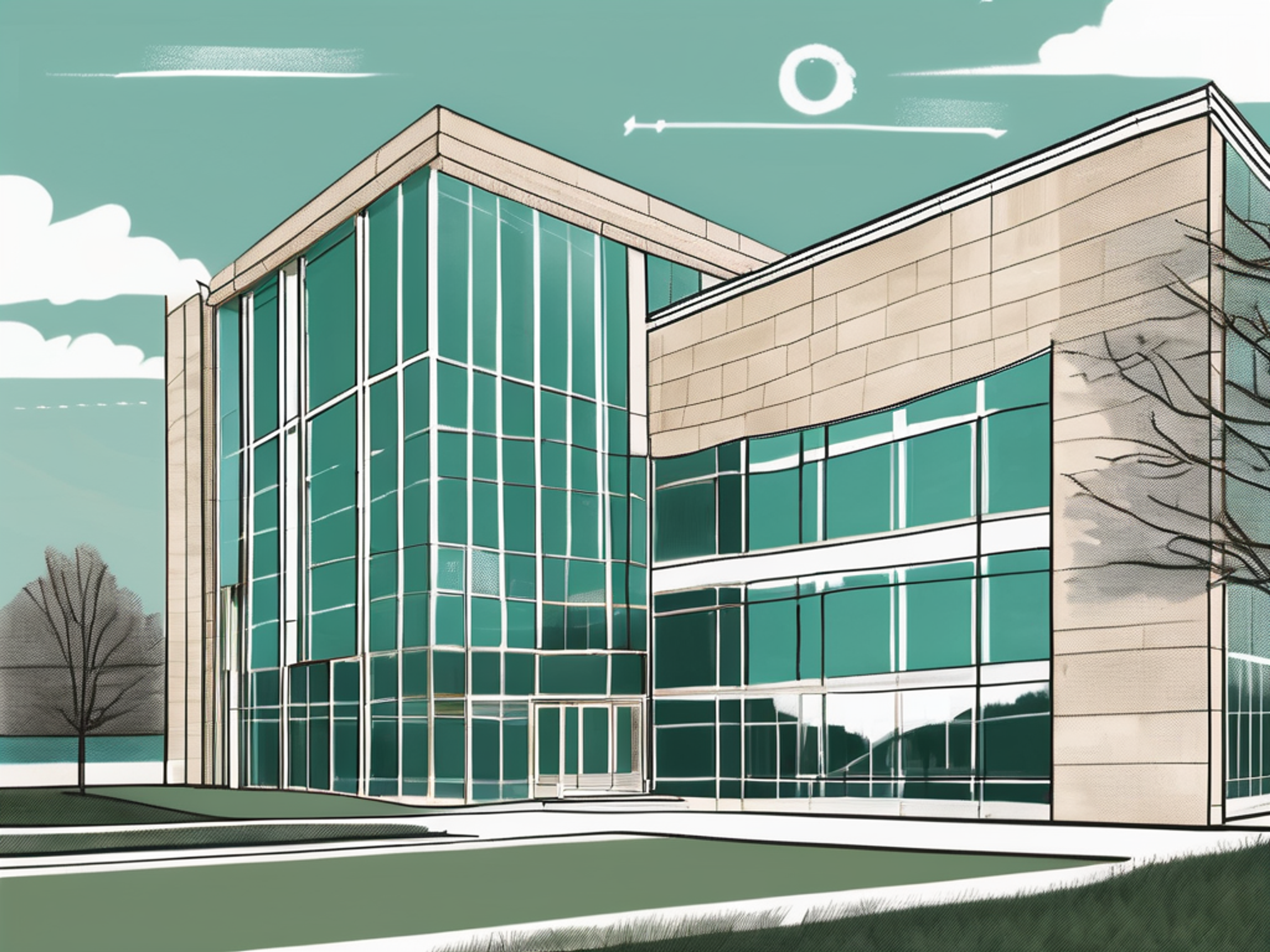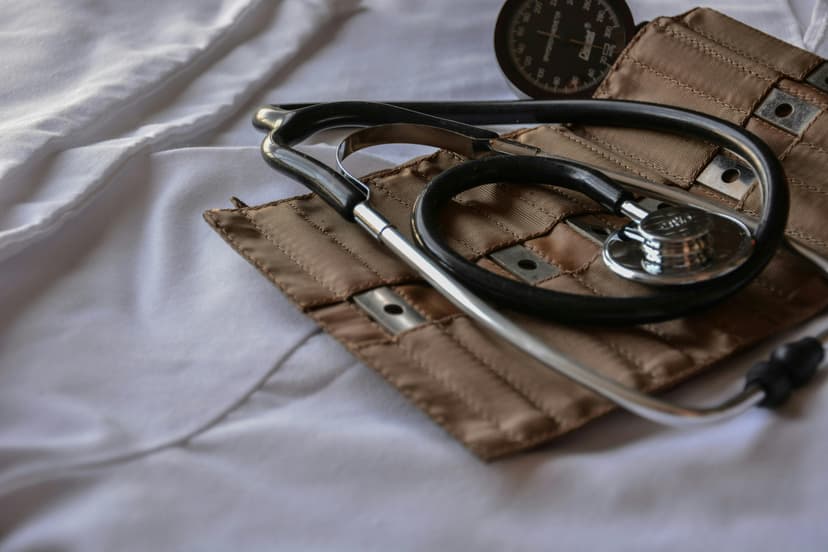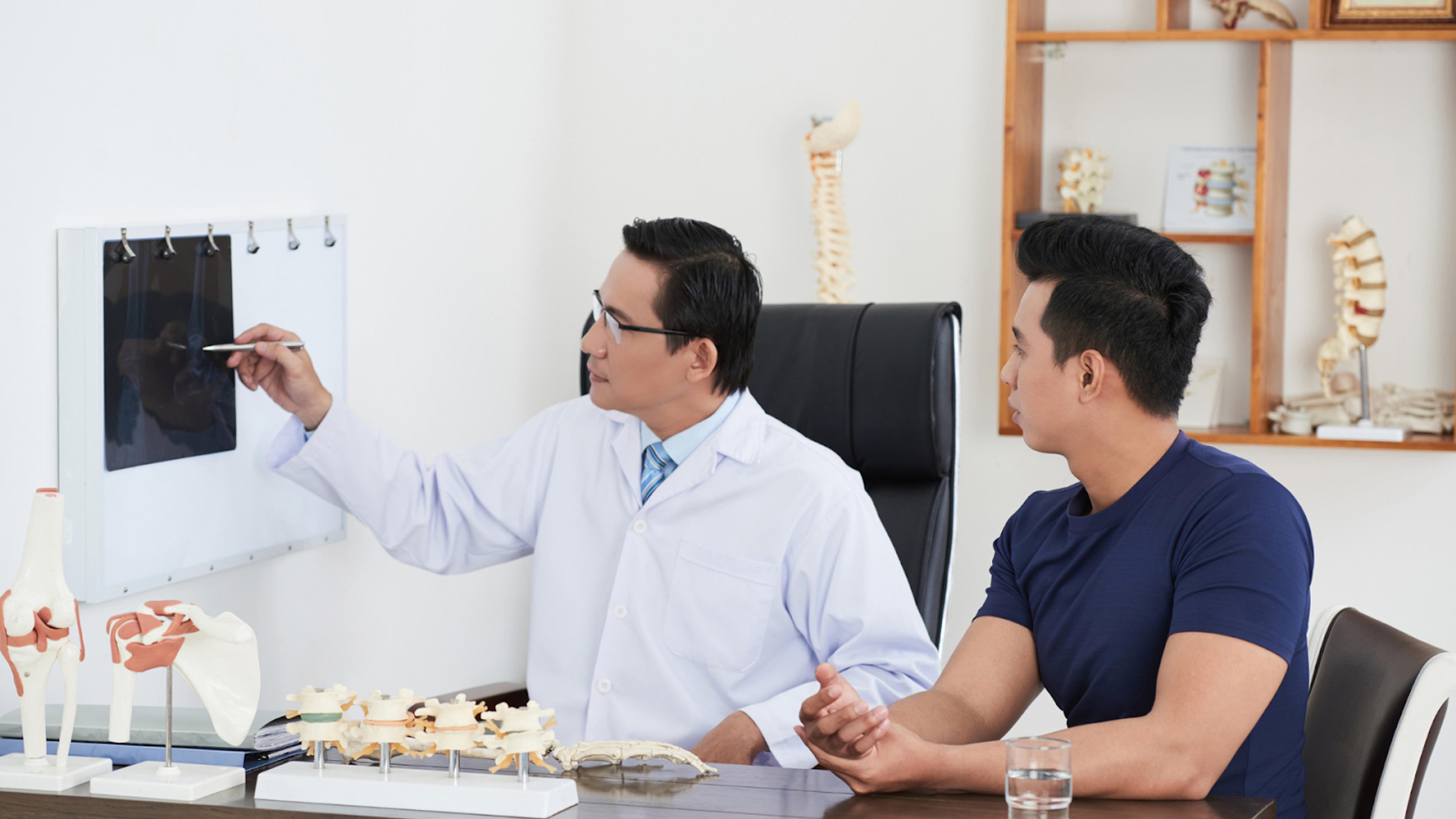Lake Erie College of Osteopathic Medicine (LECOM): Program & Application Overview
Discover everything you need to know about the Lake Erie College of Osteopathic Medicine (LECOM) in this comprehensive program and application overview.
Posted June 13, 2025

Join a free event
Learn from top coaches and industry experts in live, interactive sessions you can join for free.
Table of Contents
If you are considering a career in osteopathic medicine, the Lake Erie College of Osteopathic Medicine (LECOM) offers a comprehensive program to help you achieve your goals. With a strong focus on hands-on clinical training and a rigorous curriculum, LECOM provides students with the skills and knowledge they need to succeed in their future medical careers. In this article, we will explore the program and application overview of LECOM, including curriculum highlights, the admission process, and the clinical training and rotations offered at the college.
LECOM Program and Application Overview
At LECOM, students can choose from three campuses located in Pennsylvania, Florida, and New York. Each campus offers a Doctor of Osteopathic Medicine (DO) program, which is a four-year professional degree program for aspiring osteopathic physicians.
The application process for LECOM involves submitting a completed application form, transcripts from all previously attended institutions, letters of recommendation, and a personal statement. Additionally, applicants are required to complete an interview, which allows the admissions committee to assess their communication and interpersonal skills.
LECOM's Pennsylvania campus, located in Erie, offers a unique learning environment with state-of-the-art facilities. The campus is equipped with modern classrooms, laboratories, and a simulation center where students can practice their clinical skills in a controlled setting. The faculty at LECOM Pennsylvania are highly experienced and dedicated to providing a comprehensive education to their students.
LECOM's Florida campus, situated in Bradenton, provides students with the opportunity to study in a vibrant and diverse community. The campus is located near the beautiful Gulf Coast beaches, offering students a relaxing and enjoyable environment outside of their studies. The Florida campus also boasts a strong network of clinical sites, allowing students to gain hands-on experience in a variety of healthcare settings.
LECOM's New York campus, located in Elmira, offers students a unique rural healthcare experience. The campus is situated in a region with a high demand for primary care physicians, providing students with ample opportunities to engage in community-based healthcare initiatives. The New York campus also offers specialized tracks, such as the Health Services Administration track, which prepares students for leadership roles in the healthcare industry.
Additionally, LECOM also considers the applicant's academic performance, extracurricular activities, and community involvement. The admissions committee looks for well-rounded individuals who demonstrate a strong commitment to the field of medicine and a genuine desire to make a positive impact on the healthcare industry.
Once accepted into the program, LECOM students embark on a rigorous and comprehensive curriculum that combines classroom learning with hands-on clinical experiences. The curriculum is designed to provide students with a solid foundation in the basic sciences, while also emphasizing the importance of patient-centered care and osteopathic principles.
Throughout their four years at LECOM, students have the opportunity to rotate through various clinical settings, including hospitals, clinics, and private practices. These rotations allow students to apply their knowledge in real-world scenarios and gain valuable experience working alongside healthcare professionals.
LECOM also offers a variety of elective opportunities, allowing students to explore their specific areas of interest within the field of medicine. Whether it's a specialized surgical rotation, a research project, or a global health experience, LECOM provides students with the flexibility to tailor their education to their individual career goals.
Upon completion of the program, LECOM graduates are well-prepared to enter the healthcare workforce as competent and compassionate osteopathic physicians. They are equipped with the knowledge, skills, and values necessary to provide high-quality patient care and contribute to the advancement of the osteopathic profession.
Related topic: CCOM: A Comprehensive Guide to the Chicago College of Osteopathic Medicine
Curriculum Highlights
The curriculum at LECOM is designed to provide students with a solid foundation in basic sciences, clinical medicine, and osteopathic principles and practices. Throughout the four years of study, students will engage in a variety of courses and clinical experiences that prepare them for the challenges of practicing medicine.
During the first two years of the program, students focus on foundational coursework, including anatomy, physiology, biochemistry, and pharmacology. These classes provide a strong scientific basis for understanding the human body and the mechanisms of disease.
In the anatomy course, students not only learn about the different systems of the body, but also have the opportunity to dissect cadavers. This hands-on experience allows them to explore the intricacies of the human body and gain a deeper understanding of its structures and functions.
Physiology classes delve into the physiological processes that occur within the body, such as the functioning of the cardiovascular, respiratory, and nervous systems. Students learn how these systems work together to maintain homeostasis and how disruptions in their functioning can lead to disease.
Biochemistry courses focus on the chemical processes that occur within living organisms. Students learn about the structure and function of biomolecules, such as proteins, carbohydrates, and lipids, and how they contribute to cellular processes and metabolism. They also study the role of enzymes and how they catalyze biochemical reactions.
Pharmacology classes introduce students to the principles of drug action and the use of medications in the treatment of diseases. Students learn about different classes of drugs, their mechanisms of action, and their therapeutic uses. They also study pharmacokinetics, which involves the absorption, distribution, metabolism, and excretion of drugs in the body.
In the latter years of the program, students transition to clinical rotations, where they gain hands-on experience in various medical specialties. These rotations allow students to apply their knowledge to real patient cases and develop the essential skills needed for diagnosing and treating patients.
During their clinical rotations, students have the opportunity to work alongside experienced physicians and healthcare professionals in a variety of settings, such as hospitals, clinics, and outpatient facilities. They observe and participate in patient care, learning how to take medical histories, perform physical examinations, order and interpret diagnostic tests, and develop treatment plans.
Students rotate through different specialties, including internal medicine, pediatrics, surgery, obstetrics and gynecology, psychiatry, and family medicine. This exposure to a wide range of medical disciplines allows students to explore their interests and gain a comprehensive understanding of different areas of medicine.
Throughout their clinical rotations, students also have the opportunity to interact with patients from diverse backgrounds and with varying medical conditions. This exposure helps them develop strong communication and interpersonal skills, as they learn to effectively communicate with patients, their families, and other healthcare professionals.
By the end of their clinical rotations, students are well-prepared to enter residency programs and continue their training in their chosen specialty. The combination of rigorous coursework and extensive clinical experiences at LECOM equips students with the knowledge, skills, and confidence to become competent and compassionate physicians.
Admission Process
The admission process at LECOM is highly competitive due to the limited number of spots available each year. The admissions committee looks for candidates who demonstrate academic excellence, a strong commitment to service, and a genuine passion for a career in osteopathic medicine.
Successful applicants possess a well-rounded background, including experiences in healthcare, volunteer work, research, and leadership. These extracurricular activities help demonstrate an applicant's dedication to serving others and their ability to handle the challenges of a demanding medical program.
LECOM also values diversity and seeks to admit students from a wide range of backgrounds, fostering an inclusive learning environment that prepares future physicians to care for diverse patient populations.
When it comes to academic excellence, LECOM looks for candidates who have excelled in their undergraduate coursework, particularly in the sciences. A strong foundation in biology, chemistry, physics, and mathematics is essential for success in the rigorous curriculum. The admissions committee carefully reviews each applicant's academic transcript to ensure they have the necessary background to thrive in the program.
Service is a core value at LECOM, and the admissions committee seeks candidates who have demonstrated a commitment to giving back to their communities. Volunteer work in healthcare settings, such as hospitals, clinics, or nursing homes, is highly valued. It shows that applicants have a genuine desire to help others and have gained valuable experience in the field of medicine.
Research experience is also highly regarded by the admissions committee. Engaging in scientific research demonstrates an applicant's ability to think critically, problem-solve, and contribute to the advancement of medical knowledge. Whether it's conducting laboratory experiments, analyzing data, or participating in clinical trials, research experience can set applicants apart from their peers.
Leadership skills are another important aspect that LECOM looks for in applicants. Whether it's leading a student organization, serving as a mentor, or taking on leadership roles in community initiatives, demonstrating the ability to lead and inspire others is highly valued. Leadership experience showcases an applicant's ability to take initiative, work collaboratively, and make a positive impact in their community.
LECOM recognizes the importance of diversity in healthcare and strives to create a learning environment that reflects the diverse patient populations future physicians will encounter. The admissions committee actively seeks applicants from different backgrounds, including those from underrepresented minority groups, rural communities, and disadvantaged backgrounds. LECOM believes that a diverse student body enhances the educational experience for all students and prepares them to provide culturally competent care.
The admission process at LECOM is highly competitive, but it is also holistic in nature. The admissions committee looks beyond academic achievements to consider an applicant's commitment to service, diverse experiences, and leadership potential. By selecting candidates who possess these qualities, LECOM aims to train compassionate and well-rounded osteopathic physicians who will make a positive impact in the healthcare field.
Read: Medical School Requirements: What You Need to Get In
Clinical Training and Rotations
Clinical training is a fundamental component of the LECOM program. Students have the opportunity to rotate through various clinical settings, including hospitals, clinics, and other healthcare facilities. These rotations provide exposure to a wide range of medical specialties, allowing students to explore different areas of medicine and gain hands-on experience in diagnosing and treating patients.
The clinical rotations at LECOM are designed to help students develop the skills necessary to excel as practicing physicians. Under the guidance of experienced healthcare professionals, students learn to assess and manage patient conditions, conduct physical examinations, interpret diagnostic tests, and communicate effectively with both patients and colleagues.
Throughout their clinical rotations, LECOM students receive continuous feedback and guidance from their supervising physicians. This feedback allows students to identify areas for improvement and develop a strong foundation for their future medical careers.
Read: How Long is Medical School? A Year-by-Year Breakdown
Final Thoughts
The Lake Erie College of Osteopathic Medicine (LECOM) offers a comprehensive program that prepares students for successful careers in osteopathic medicine. With a rigorous curriculum, a competitive admission process, and hands-on clinical training, LECOM equips students with the skills and knowledge they need to excel in their chosen field. Whether you are interested in patient care, research, or medical leadership, LECOM provides the resources and support necessary to achieve your goals in the field of osteopathic medicine.
Browse hundreds of expert coaches
Leland coaches have helped thousands of people achieve their goals. A dedicated mentor can make all the difference.

















